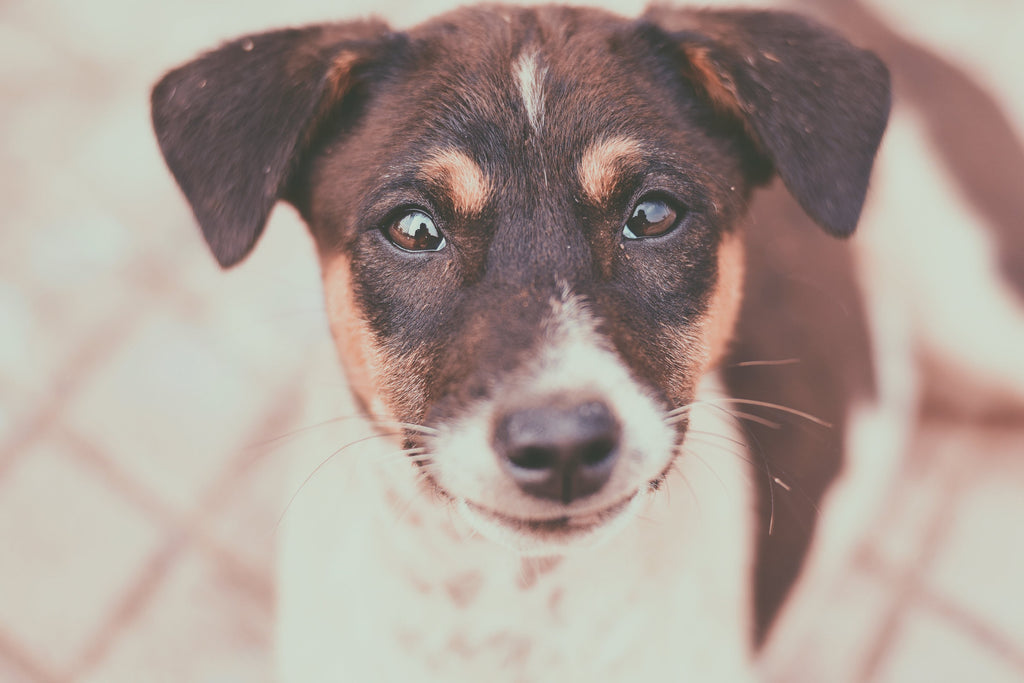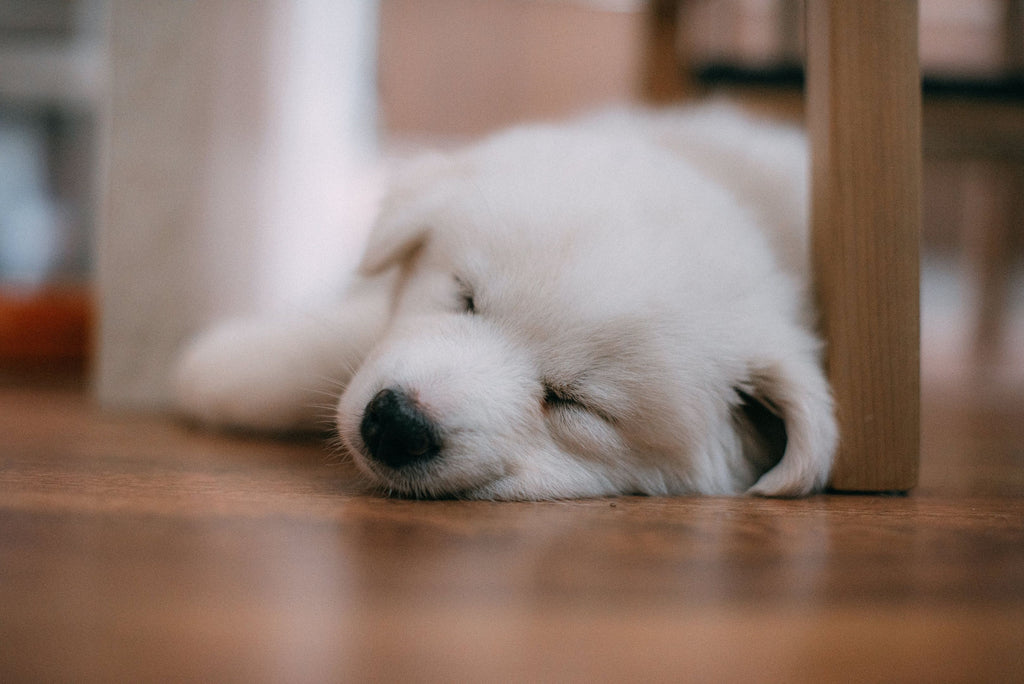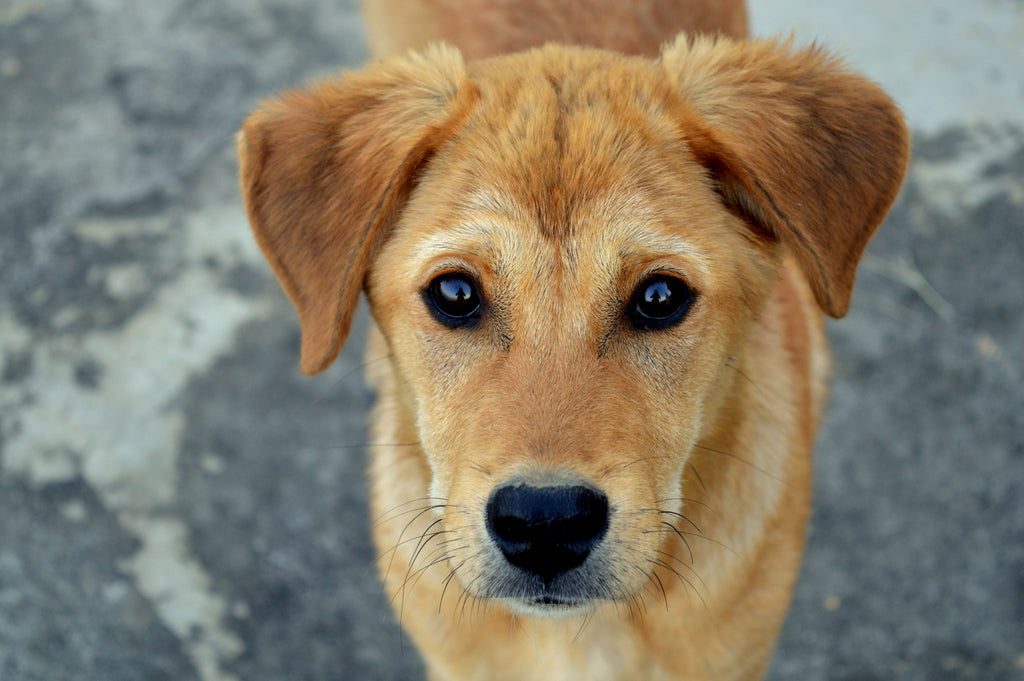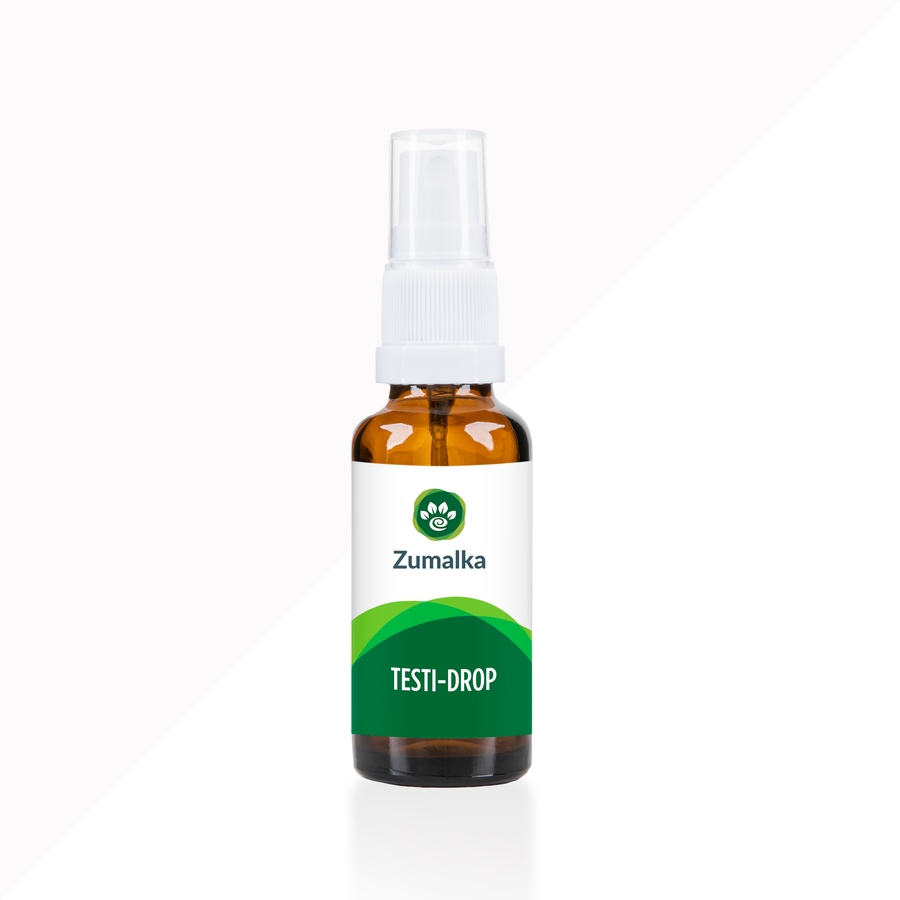Cryptorchidism in Dogs: Everything You Need to Know
Is your male canine family member a cryptorchid dog? Don’t worry if it’s the first time that you’ve come across this rather technical term. It simply means that your male pooch has an undescended or retained testicle.
While this condition is probably not one of the health issues noted down in your dog home care checklist, having an idea of what it is as well as the proper way to support your canine family member should he have retained testicles is going to be very helpful.
Before we continue, it is important to take note that retained testicles—whether they affect only one or both testicles—can lead to some adverse effects in the long run.
What Exactly is Cryptorchidism in Dogs?

Cryptorchidism is characterized by the failure of either testicle or even both testicles in some cases, to drop down completely into the scrotal sac or scrotum. This condition affects about 1 to 3% of all male dogs.
Your dog could have only one retained testicle in this situation or both of your dog's testicles have not descended at all. While the time it takes for the testicles to descend into the scrotum may vary among puppies, this process is usually completed when a male dog reaches two (2) weeks of age.
However, some puppies may take a longer time for their testicles to descend. There is even a possibility that the retained testicle won't descend at all.
It is basically a condition concerning retained testicles.

It is not uncommon for a few young male dogs to have this process completed when they reach two (2) months of age or even as late as five (5) to six (6) months. However, it can be assumed that your canine family member is a cryptorchid dog if his testicles haven’t descended in the scrotal sac after six (6) months.
Studies show that while all male dogs may be prone to canine cryptorchidism, this condition is often observed in certain breeds like Lhasa Apsos, Dachshunds, Boxers, German Shepherds, Boston Terriers, Chihuahuas, French Bulldogs, Pugs, Shetland Sheepdogs, Miniature Schnauzers, Siberian Huskies, Poodles, Pomeranians, as well as Yorkshire Terriers.
Additionally, although cryptorchidism in dogs is not life-threatening in itself, your pet could be in for some serious or even fatal adverse effects in the long run if he has a missing testicle.
Diagnosing Undescended Dog Testicles

The most straightforward way to check if your pooch has a retained testicle is through visual and physical examination. Here are the following steps on how you can carry this out at home:
A normal testicle isn't that tricky to spot.
First, place your dog in a lying position where you have ample room to move your hands all over his belly and rear legs. It is highly recommended that you choose an isolated room to do this where your pooch won’t be distracted by outside noises and movements.
One or both testicles may be affected.
Second, determine if his visible testicles are about the same size and shape. Take note of any noticeable swelling or any other irregularities. It is also important to check for any sores in and around his penile and scrotal areas.
Start with the left testicle and then the right.
Third, gently cup your pooch’s testicles with your thumb, forefinger, and middle finger, one after the other. Carefully feel around for a distinctive bulge that indicates if a dog's testicle has properly descended into the scrotum.
Interestingly, the right testicle tends to become undescended or retained compared to its left counterpart. It could also be possible that the left one is the single retained testicle in some cases.
There could be a problem if you can feel only one testicle.
Fourth, if you don’t feel a bulge in either or both testicles, gently feel around his groin and abdominal areas. Always keep in mind that a testicle descends into the scrotal sac within six (6) months. However, if your dog only has one testicle (or both of them are missing), cryptorchidism may already be an issue.
What Causes a Dog's Testicles Not to Drop?

The exact cause why a dog becomes afflicted with cryptorchidism is still unknown up to now. However, it is theorized that this condition is genetic and may be connected with the activity of X chromosomes in a male puppy’s body.
A retained testicle may be hereditary.
One of the factors that is believed to make a male puppy prone to cryptorchidism in dogs is if his biological father also suffers from the same condition. It is hypothesized that a sire may pass on this health issue to any or all of his male puppies.
Now, let’s talk about the potential adverse effects that could take place should your male puppy have an undescended testicle…
Adverse Effects if a Dog’s Testicles Don't Drop

Contrary to what a lot of people mistakenly believe, undescended testicles affect more than just your canine family member’s physical attributes. This condition can also potentially set off health issues like acute abdominal pain and spermatic cord torsion, which is characterized by the unexpected tangling of the testicular cord into itself.
Testicles retained may lead to cancer.
And just to make things even worse, spermatic cord torsion can be pretty tricky to diagnose given that its symptoms only manifest when it is already at its severe stage. When it does reach this point, there is also the possibility that it will become a case of testicular cancer.
It is speculated that one of the reasons why spermatic cord torsion progresses into testicular cancer is that the temperature in and around the abdomen is considerably higher compared to that of the scrotum.
Additionally, although testicular cancer in dogs is considered rarely metastatic or able to spread to other parts of the body, there is still a chance that it will do so in some cases.
Is Cryptorchidism Painful for Dogs?

Interestingly, cryptorchidism itself won’t cause pain and discomfort. It is the complications of this health issue, such as spermatic cord torsion and acute abdominal pain that can be excruciating for your precious pet.
Is Cryptorchidism in Dogs Fatal?
The short answer is yes, but not in itself.
If undescended testicles in dogs are ignored or not given immediate and proper care and attention, it could progress to testicular cancer, which can be fatal in the long run. Just to emphasize, cryptorchidism in dogs is not in itself fatal, but its adverse effects are.
Can an Undescended Testicle Fix Itself?

Admittedly, cryptorchidism in dogs is highly unlikely to correct itself. This health problem is going to require some form of intervention to be fixed so it won’t cause any issues in the long run.
However, contrary to what is generally believed, surgery and other rather invasive procedures are not just your only options when it comes to fixing undescended testicles in dogs.
At this point, I’d like to share with you my favorite natural product when it comes to supporting your canine family member during dog cryptorchidism…
How to Make a Dogs Testicle Drop Naturally

Now while this may sound surprising, there is actually a natural and non-invasive approach that you can go for should your dog be afflicted with cryptorchidism.
Zumalka's TESTI-DROP is designed to promote your beloved pet’s proper testicle position. Besides being made with high-quality, natural ingredients, this product also uses a gentle holistic approach to help facilitate the descent of the testis inside the scrotum.
Now let’s discuss the most frequently asked questions (FAQs) with regard to undescended testicles in dogs…
Cryptorchidism in Dogs FAQ’s
Does cryptorchidism cause infertility?

The short answer is yes.
Undescended testicles in dogs can lead to infertility because instead of being inside the scrotum as they ought to be, the testicles abnormally remain in the abdominal area where they won’t be able to produce any sperm.
If both testicles remain undescended, your canine family member is going to be sterile. However, if cryptorchidism only affects one testicle, your dog may still be able to generate enough sperm to sexually reproduce.
It is important to keep in mind, though, that cryptorchidism is theorized to be genetic in nature and may be passed on to the male puppies. This is the reason why it is not recommended to breed male dogs afflicted with canine cryptorchidism.
Can undescended testis be treated in adult dogs?

Although an adult male dog suffering from cryptorchidism can still be treated, the adverse effects of this health problem will have already become severe. Besides being exposed to the risk of being infertile (or passing on the condition to his progeny if bred), he will also be prone to developing testicular cancer sooner or later.
This is the reason why giving your puppy the immediate and proper care and attention he deserves, such as giving him TESTI-DROP as soon as you observe that he is suffering from cryptorchidism is extremely crucial.







Leave a comment